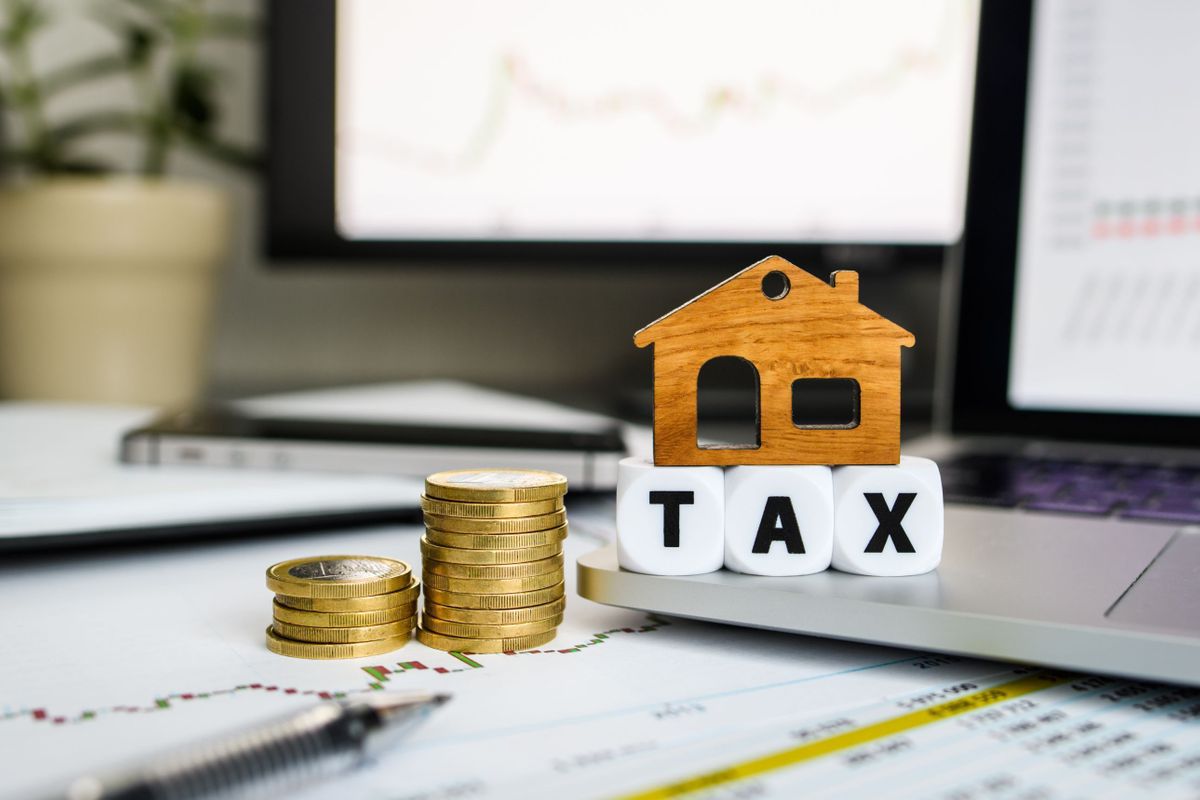Properly tracking and deducting rental expenses is crucial for maximizing your tax benefits as a landlord. Rental expenses can be deducted from your rental income, reducing your taxable profit. However, several factors can affect the amount you can deduct.
Key Considerations for Rental Expense Deductions
-
Personal vs. Rental Use:
-
When you occasionally use your rental property for personal purposes, expenses must be divided between rental and personal use.
-
Accurate record-keeping of both personal and rental use is essential.
-
-
Co-Ownership:
-
If you co-own the rental property, you can only deduct expenses based on your percentage of ownership.
-
Accurately calculating your share of expenses is critical.
-
Common Rental Expenses You Can Deduct

Below is a list of common expenses that landlords typically deduct:
-
Advertising:
-
Costs for advertising your rental property.
-
-
Auto and Travel Expenses:
-
Expenses incurred while traveling to your rental property for business purposes.
-
-
Cleaning and Maintenance:
-
Costs associated with cleaning and maintaining the property.
-
-
Commissions:
-
Fees for hiring someone to help find tenants or manage the property.
-
-
Depreciation:
-
Deductions for the decrease in value of your property over time.
-
-
Insurance:
-
Premiums paid to insure the rental property.
-
-
Interest (Other):
-
Interest expenses related to loans for the rental property.
-
-
Legal and Professional Fees:
-
Costs for legal advice or other professional services related to your rental property.
-
-
Local Transportation Expenses:
-
Expenses for local transportation related to the property.
-
-
Management Fees:
-
Fees paid to a property manager.
-
-
Mortgage Interest:
-
Interest on a mortgage used to purchase or improve the rental property.
-
-
Points:
-
Points paid on a mortgage for purchasing or improving the property.
-
-
Rental Payments:
-
Payments for renting equipment or property that supports your rental operations.
-
-
Repairs:
-
Expenses for repairing damages or maintaining the property.
-
-
Taxes:
-
Property taxes and other taxes related to the rental property.
-
-
Utilities:
-
Costs for utilities such as electricity, gas, water, or internet provided to the property.
-

Final Thoughts
Understanding and accurately deducting rental expenses is essential to ensure you’re not paying more taxes than necessary. Keeping detailed records and accurately allocating expenses, especially when personal use or co-ownership is involved—can help maximize your deductions. Always consult with a Deer park CPA for tailored tax advice related to your rental property.
Happy Renting!




